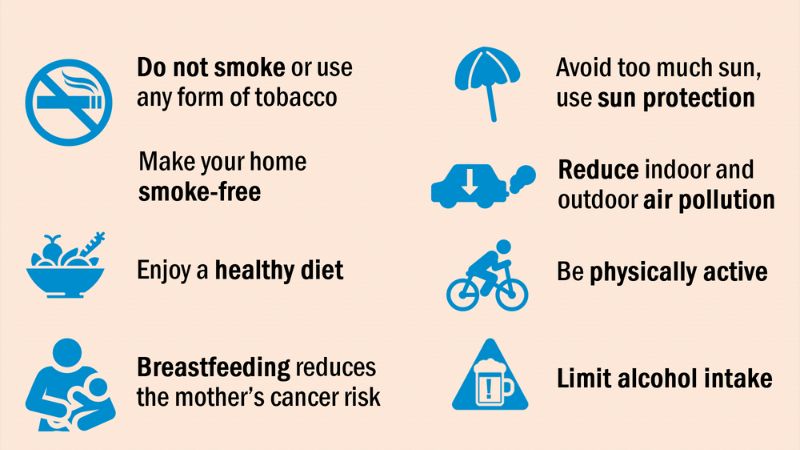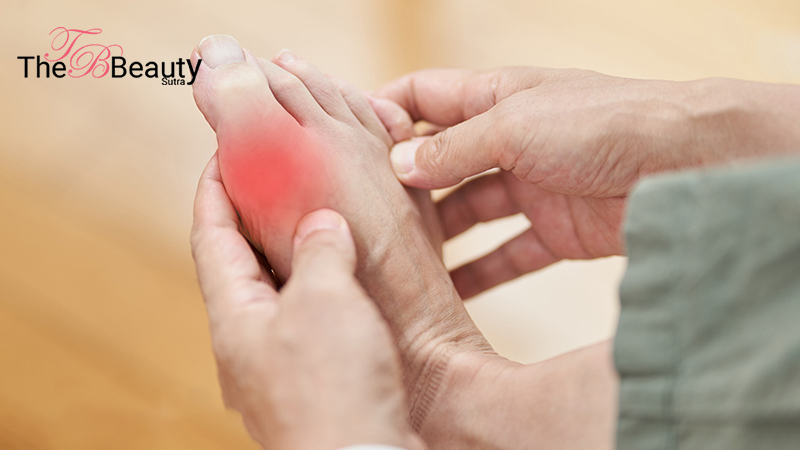Introduction:
Cancer is a formidable adversary, affecting millions of lives worldwide each year. While genetics play a role, research indicates that lifestyle choices can significantly influence cancer risk. Cultivating an anti-cancer body involves adopting habits that promote overall health and resilience. Here are 19 strategies to help you build a defense against cancer.
Eat a Rainbow:

Incorporate a diverse range of fruits and vegetables into your diet. Brightly colored produce like berries, leafy greens, carrots, and tomatoes are rich in antioxidants, vitamins, and minerals that support immune function and combat cell damage.
Limit Processed Foods:

Minimize consumption of processed meats, sugary snacks, and refined carbohydrates, which are linked to inflammation and increased cancer risk. Opt for whole, unprocessed foods whenever possible.
Choose Lean Proteins:

Include lean sources of protein such as fish, poultry, legumes, and tofu in your meals. These options provide essential nutrients without the saturated fats found in red and processed meats.
Healthy Fats:

Incorporate sources of healthy fats like avocados, nuts, seeds, and olive oil into your diet. These fats contain omega-3 fatty acids and other compounds that possess anti-inflammatory properties.
Hydrate:

Drink plenty of water throughout the day to support cellular function and detoxification processes. Hydration is essential for maintaining optimal health and preventing dehydration-related stress on the body.
Move Your Body:

Engage in regular physical activity to promote circulation, reduce inflammation, and support immune function. Aim for a combination of cardiovascular exercise, strength training, and flexibility exercises to reap maximum benefits.
Maintain a Healthy Weight:

Obesity is a significant risk factor for several types of cancer. Strive to achieve and maintain a healthy weight through a balanced diet and regular exercise.
Limit Alcohol:

Excessive alcohol consumption is linked to an increased risk of certain cancers, including breast, liver, and colorectal cancer. If you choose to drink, do so in moderation.
Quit Smoking:
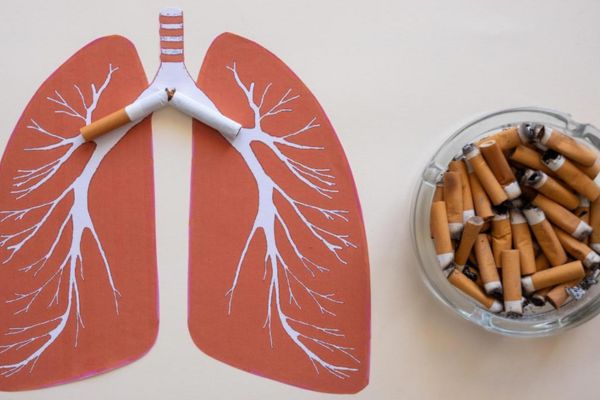
Tobacco smoke contains numerous carcinogens that can damage DNA and increase cancer risk. If you smoke, seek support to quit, and avoid exposure to secondhand smoke.
Protect Your Skin:

Use sunscreen, wear protective clothing, and avoid prolonged exposure to direct sunlight to reduce the risk of skin cancer. Perform regular skin checks and seek medical attention for any concerning moles or skin changes.
Get Vaccinated:
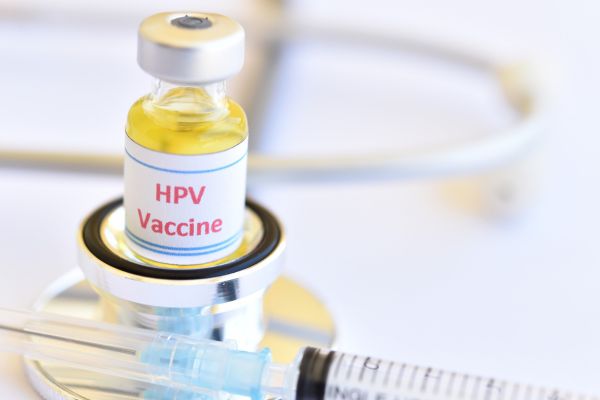
Vaccines can prevent infections that are linked to an increased risk of cancer, such as the HPV vaccine for cervical cancer prevention and the hepatitis B vaccine for liver cancer prevention. Talk to your healthcare provider about recommended vaccinations.
Manage Stress:

Chronic stress can weaken the immune system and contribute to inflammation, which may promote cancer development. Practice stress-reduction techniques such as meditation, deep breathing exercises, yoga, or spending time in nature.
Prioritize Sleep:

Aim for 7-9 hours of quality sleep per night to support immune function, hormone regulation, and cellular repair processes. Create a relaxing bedtime routine and establish a comfortable sleep environment.
Stay Screened:
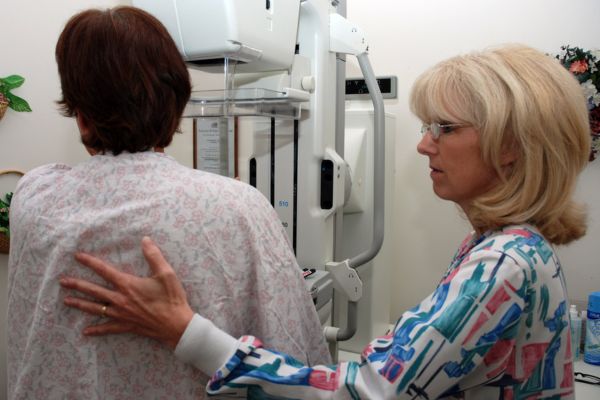
Participate in regular cancer screenings recommended for your age, gender, and risk factors. Early detection can significantly improve treatment outcomes for many types of cancer.
Know Your Family History:

Understand your family’s medical history and discuss any patterns of cancer with your healthcare provider. Some cancers have a hereditary component, and genetic testing may be recommended for certain individuals.
Limit Exposure to Environmental Toxins:

Minimize exposure to environmental pollutants, pesticides, and industrial chemicals that may increase cancer risk. Use natural cleaning and personal care products whenever possible, and avoid tobacco smoke and other indoor pollutants.
Stay Informed:
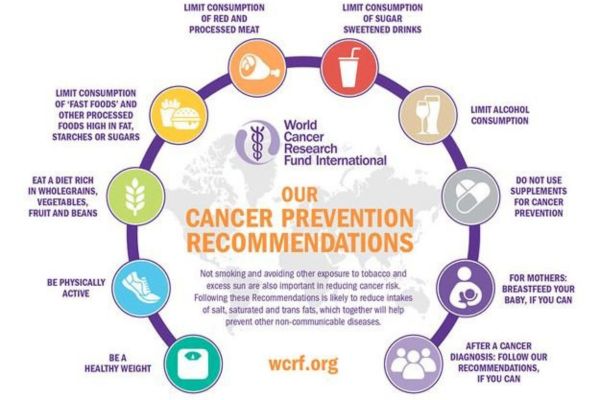
Stay up-to-date on the latest research and recommendations regarding cancer prevention and early detection. Knowledge empowers you to make informed decisions about your health and well-being.
Cultivate Positive Relationships:

Surround yourself with supportive friends and family members who encourage healthy habits and provide emotional support during challenging times. Social connections have been linked to better health outcomes and may enhance resilience against cancer.
Conclusion:
Building an anti-cancer body is a lifelong journey that involves making conscious choices to support your health and well-being. By incorporating these 19 strategies into your lifestyle, you can take proactive steps to reduce your risk of cancer and cultivate a resilient body that thrives in the face of adversity. Remember, small changes add up over time, so start today and prioritize your health for a brighter, cancer-free future.

